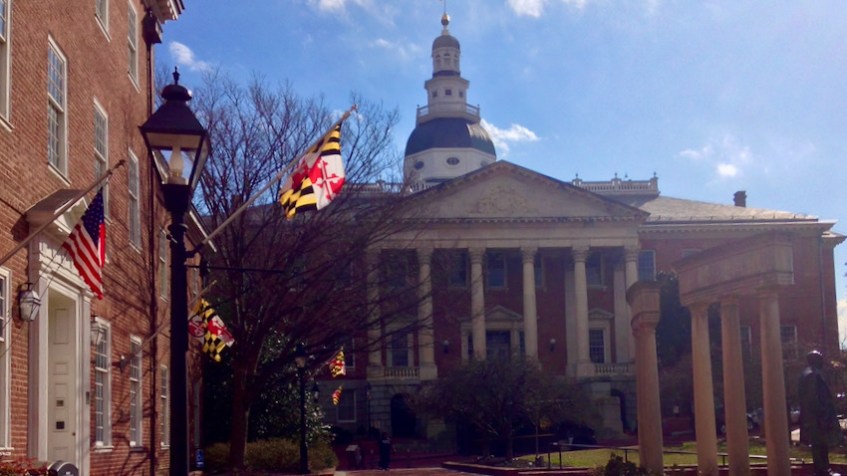Overreaching “Anti-ICEing” Ordinance Needs Revision
If you drive an electric car, I bet you try to do the right thing. You care about the environment and your actions reflect your values. You may have even stretched your budget to buy an eco-friendly electric vehicle.
Imagine this scenario: You decide to be more active in speaking up for the future of the planet. So you drive your EV to the state capital to testify in front of lawmakers. You find a garage with EV charging and plug in to a Level 2. You need an extra boost to get home. Or maybe you just want to show your support for the public charging infrastructure. After all, many charging spots are rarely used these days.
You arrive at the committee meeting room. The legislation that you came to support is on a fluid schedule. The Chair could call your name at any moment. You don’t dare miss your opportunity to address the legislators who could decide policy that could affect the environment for years to come.
The hearing runs long. It’s early evening when you finally return to the garage. As you approach your car you notice a paper on the windshield. It’s a parking citation. For a hundred bucks!
The ticket states a violation of Sec. 12.20.090.B – Parking Reserved for Plug-in Electric Drive Vehicles Actively Charging. $100.00 fine.
What? Actively charging?
Tell it to the judge.
It doesn’t matter why your car was not actively charging. Your battery may be full. The charging station may have suddenly quit unbeknownst to you. Or maybe someone wanted to “stick it to the environmentalists” and unplugged your car for spite. Is there a law against unplugging EVs?
You’re lucky though. Your car could’ve been towed in addition to getting the ticket. How do you feel now?
First, Do No Harm
The scenario above is not far fetched. The City of Annapolis passed an anti-ICEing ordinance last year that could punish EV drivers who are not “actively charging.” The same $100 fine and/or towing penalty imposed on a diesel truck driver blocking a charging space could apply to an innocent electric car driver who’s simply trying to do the right thing by driving a zero emission vehicle.
EV drivers are getting punished more than you might think. Green Car Reports published an article that showed that in Montgomery County, MD, more electric vehicles got tickets for parking in charging spaces than ICE vehicles did. Ref: Illegal Parking in charging spots: The culprit? Electric cars
A few weeks ago I testified via Skype at the Annapolis City Council Meeting. I asked the Mayor and City Council to refine the ordinance to give some leeway for EVs and focus on the non-electric vehicles that are the main problem. I also pointed out that almost a year after the ordinance went into effect that there are still no signs and pavement markings required for enforcement. [testimony video] I submitted written comments explaining the issues in more detail.
The next day, I received an email from the Deputy City Manager who promised to work with City staff to get signs posted and get the spaces marked. However, they didn’t address the concern of the “actively charging” language in the current ordinance.
Yesterday, I submitted comments to the Annapolis Transportation Board, who I understand is a body that can make recommendations to the City Council. I asked the Board to consider making a recommendation to amend the ordinance to focus on penalizing cars that run on gasoline or diesel that are blocking the charging spots.
I suggested that signs could state the spots are for EV charging only but the law shouldn’t penalize them the moment they stop charging. I presented an example of someone charging their car overnight at a hotel. Are they expected to run out at 2:00 AM as soon as the battery is full in order to avoid a violation? My full comments to the Transportation Board and links to the discussion on the original bill are below.
Links to Discussion on Annapolis Anti-ICEing Ordinance O-14-20
Reference:
Annapolis City Ordinance 14-20 Details
Public Safety Committee meeting on 7/6/2020 Video
Transportation Committee meeting on 7/9/2020 Video
Annapolis City Council meeting on 7/13/2020 Video
Transportation Board meeting on 7/20/2020 Video
Read More …











